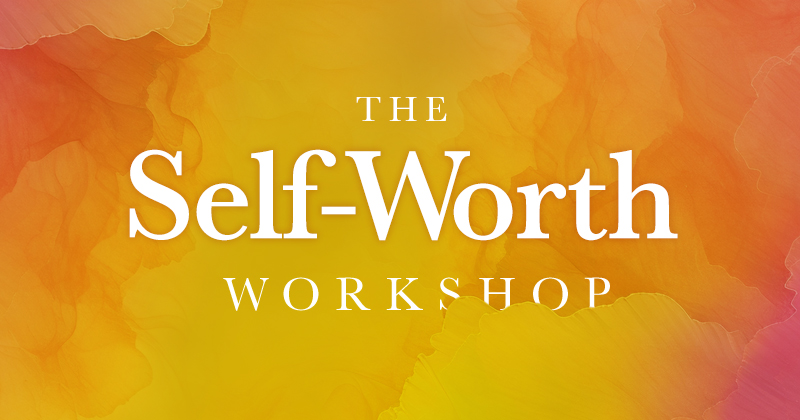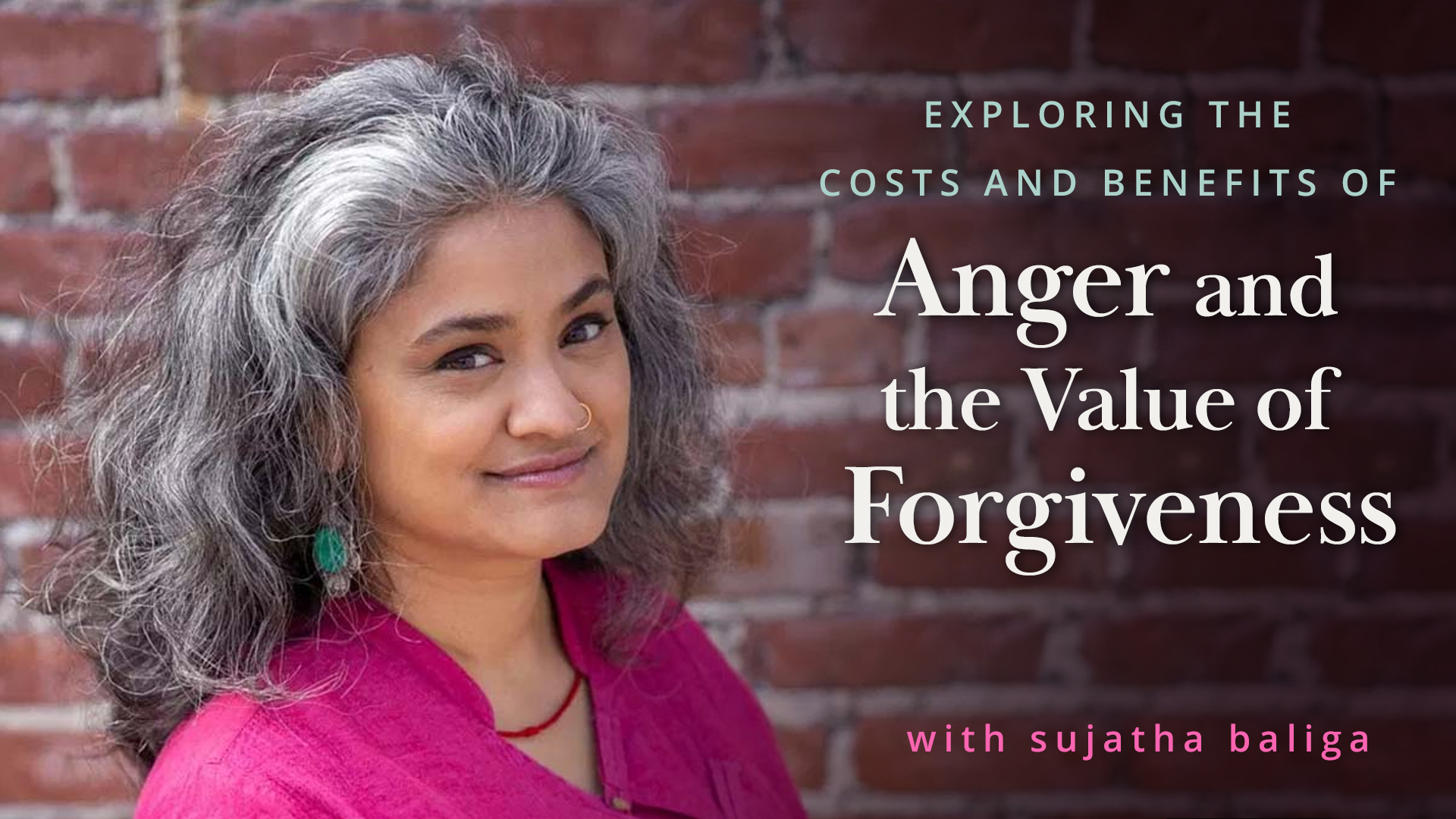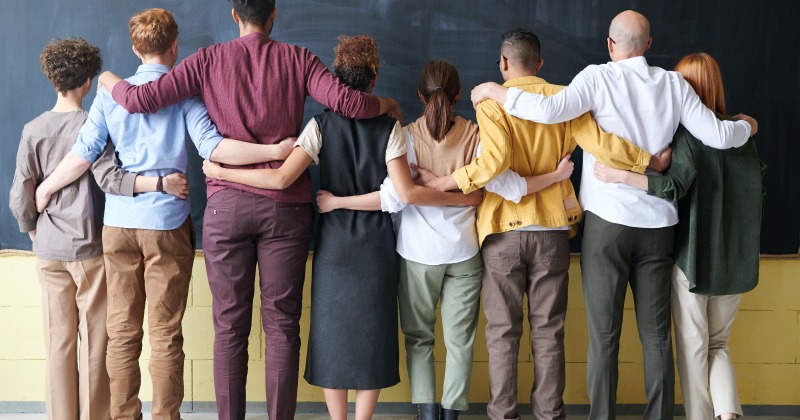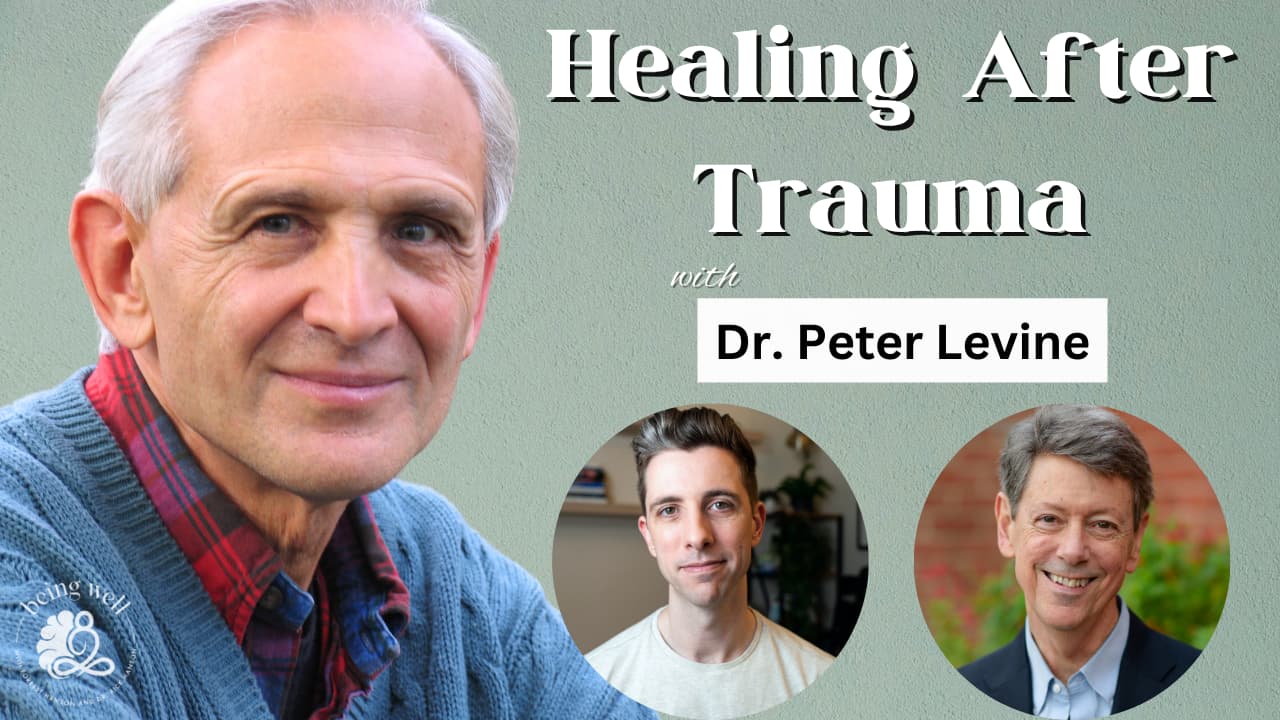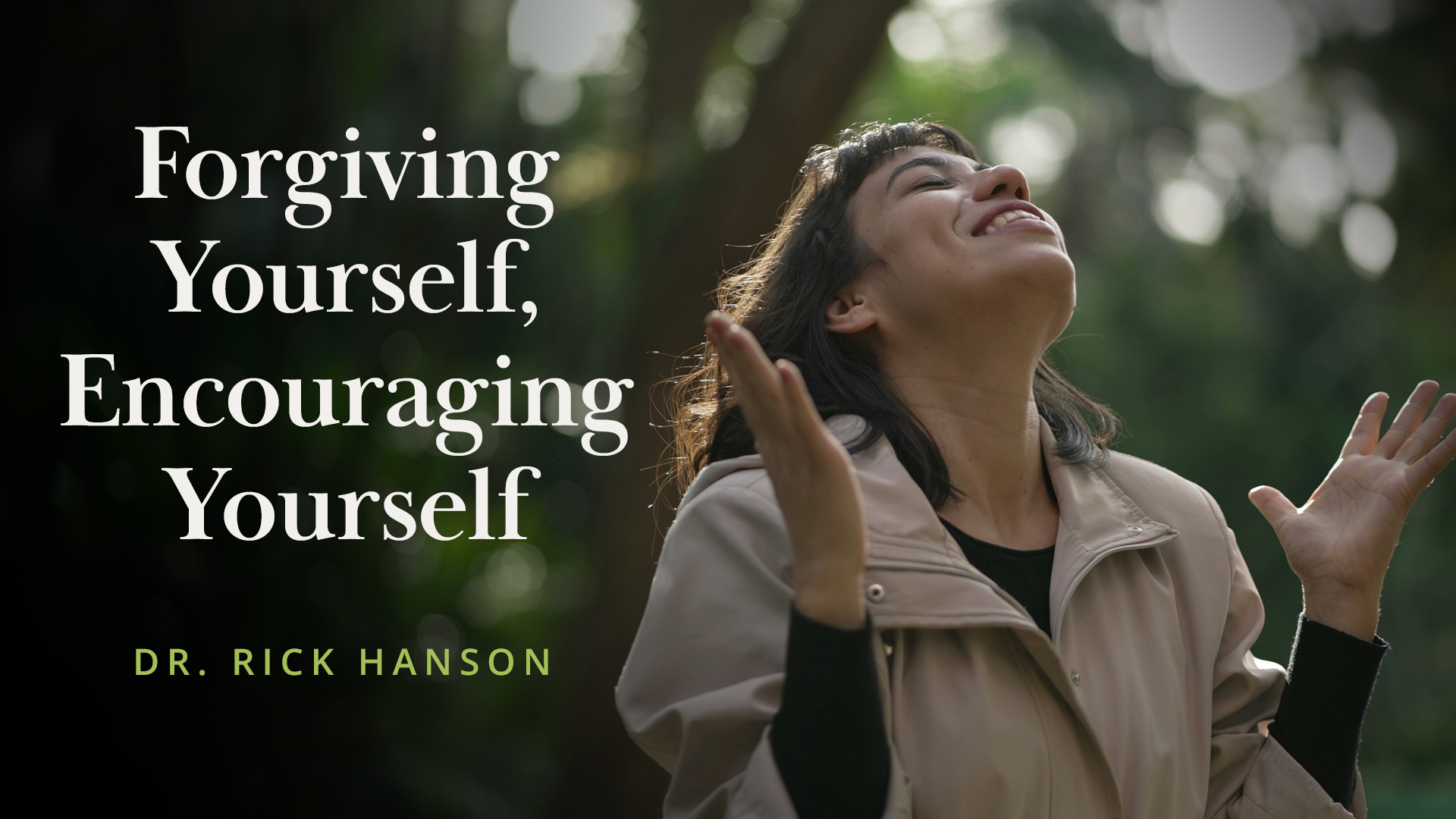What does your heart say?
The Practice:
Choose to Love
Why?
Many years ago, I was in a significant relationship in which the other person started doing things that surprised and hurt me. I’ll preserve the privacy here so I won’t be concrete, but it was pretty intense. After going through the first wave of reactions – What?! How could you? Are you kidding me?! – I settled down a bit. I had a choice.
This relationship was important to me, and I could see that a lot of what was going through the mind over there was really about the other person and not about me. I began to realize that the freest, strongest, and the most self-respecting thing that I could do was both to tell the person that we were on very thin ice . . . and to choose to love meanwhile.
To my surprise, instead of turning me into a doormat or punching bag, love protected and fueled me. It kept me out of contentiousness and conflict and gave me a feeling of worth. I was interested in what the other person was going to do, but in a weird way, I didn’t care that much. I felt fed and carried by love, and how the other person responded was out of my hands.
I got interested in “loving at will,” in how to go to the upper end of the range of what is authentically available to a person in terms of feeling or expressing compassion, good wishes, and warmth. You shouldn’t falsify what’s truly going on with you, nor let yourself be mistreated. But whatever this range is for you at any moment in any relationship, it’s your choice where you land within it.
I became less caught up in how I wanted the other person to think and feel and act, and more focused on my own practice of finding and re-finding some sense of love. It felt kind of like I was strengthening the heart like a muscle. I joked with myself that I was doing love pushups (not the sexual kind!).
If it’s authentically within reach, you can deliberately, even willfully settle yourself in love as a central quality in your mind. This is not phony: the love that’s there in you is genuinely there. In fact, choosing to love is twice loving: it’s a loving act to call up the intention to love, plus there is the love that follows.
Looking back, my shift out of quarreling and into a healthy feeling of lovingness helped things get better with this person. And the relationship taught me a good lesson:
Love is more about us being loving than about other people being lovable.
How?
Start with someone that’s easy to feel love around. Relax a bit. Take a breath or two and come home to yourself. Sense into the area of your chest and heart. Be aware of what compassion and kindness feel like; perhaps call up the sense of a time when you felt very loving. Ask yourself, Can I feel loving now? Open to a natural warm-heartedness. Choose to love.
Take a dozen seconds to open to feeling as loving as you can in your body. Take in this experience, let it sink into you. This will strengthen the neural trace of the experience – a kind of emotional memory – and make it easier to call up the next time. Also register the sense of deliberateness, of choosing to love.
Then try these methods with someone you feel more neutral about, such as a stranger on the street. Eventually, try this approach with someone who is difficult for you.
It could help to be more aware of the other person’s stresses, worries, and longings. Without staring, look closely at him or her for ten seconds or so. Can you let your heart be moved by this face?
Get a sense of the different external and internal forces pushing and pulling the other person this way and that – perhaps leading him or her to do things that hurt you or others. Let your eyes relax and get a sense of the bigger picture. Disentangle from the parts, and open into the whole.
Let love be there alongside whatever else is present in your relationship with the other person. There is love . . . and there is also seeing what is true about the other person, yourself, and circumstances affecting both of you. There is love . . . and there is also taking care of your own needs in the relationship.
Love first. The rest will follow.
Know Someone Who Would Like to Be More Loving?
Use the buttons below to share this article via social media or email.
